AUGUSTA — Millions of dollars have been invested in downtown Augusta buildings in recent years, and three people with an interest in property development there say that much more will be invested in the years to come.
The result, they say, will be a vibrant downtown neighborhood on the Kennebec River and a destination that will draw people to its restaurants, cafes and shops.
They’ll come to Augusta, they say, because of what the city has to offer in retail, government services, pent-up demand for high-end housing and perhaps most importantly, a return on their investment.
“The Portland market is overheated and frothy,” Andrew LeBlanc said last week, standing on Water Street with Tobias Pankhurst and Will Guerrette, considering the properties there. There is, he thinks, opportunity in Augusta.
Investors are taking a look, he said, based on what Parkhurst and Guerrette have done in converting the upper floors of downtown buildings they own and manage into market rate apartments. Depending on how those apartments have been outfitted, market rate starts around $650 a month for a one-bedroom apartment and goes up from there.
LeBlanc, 30, is working with a group of out-of-state investors who are expected to close on the purchase of the Vickery building at 257-271 Water St. It has been listed for sale at $1.25 million.
The lure for out-of-state investors is the availability of historic preservation tax credits.
“It’s a huge impetus for development,” he said.
All three men are under age 40 and bullish on the future of Augusta, with Parkhurst and Guerrette investing money and LeBlanc working with investors to direct their funds to the downtown.
“Andrew is not getting enough credit,” Parkhurst said.
He met with LeBlanc and Guerrette last week in the Augusta Downtown Alliance office to talk about the emerging downtown neighborhood.
Parkhurst, 37, who owns several Water Street buildings including the one that housed the former Stacy’s Hallmark, has targeted buildings whose cost and condition made the housing conversion feasible and profitable.
“It’s challenging for me,” he said. “(The Vickery building) is in such good shape, and it needs a lot of money to convert it. There will be tremendous cost. When you add kitchens and baths on that purchase price, you need creative financing and levels of capital and financial know-how that I don’t have.”
“It lends itself to a good conversion,” LeBlanc said.
No one would be willing to pay to lease the offices, and the building’s systems are in good shape and won’t need a great deal of capital investment, he said.
“Will and Toby have proved there’s a market, and the market is willing to come downtown,” LeBlanc said. “And this is one where the investors are willing to take it to the next step. It’s scheduled to close in the spring, and they will break ground next summer.”
He didn’t name the investors.
Augusta, Guerrette said, is unique.
“People envision an embattled downtown area, but outside of Portland, there is no city in Maine that people have a bigger reason to come to,” Guerrette, 32, said. “They stay for a week, a month, a legislative session. People have to be in Augusta all the time.”
He’s run the numbers, he said and he was shocked to see what the market would bear for furnished apartments. He’s furnished one of his and anticipates having a complete floor of furnished apartments for rent.
All three know that the upper floor conversions, which shift the buildings’ value upstairs, hide the scale of investment, because it’s out of sight of the casual observer.
“It’s a nice thing to do — and it works — to spruce up the street level,” Guerrette said. “It’s another thing entirely to change the use of the upper floors for the first time since the 1800s. That is going to be a permanent change in the lifetimes of the people in this room. That changes everything. There’s a new residential population in this room that wasn’t here in 2009.”
That change in dynamic, from 8-5 offices to 24/7 occupancy, makes for healthier investments and creates populations that otherwise don’t have the opportunity to live in Augusta, he said.
“We have an absurd lack of medium- to high-income housing in this city, and we have completely missed the fact that we have a ton of medium- and high-income people who are forced to live outside Augusta,” Parkhurst said. “Look at Will’s pre-furnished apartments and think of how fast MaineGeneral (Medical Center) is recruiting doctors and the traveling nurses they bring in.”
He also mentioned technology contractors coming in to work for the state who now say they can only find suitable housing in Waterville or Brunswick.
“We have a good opportunity here not to attract people but retain people who come here to make their money and have no choice but to come here, make their money and take it to the suburbs,” he said.
Guerrette said it was never going to be harder to prove the downtown neighborhood concept than when only a couple of restaurants existed. “Five years from now as this snowballs, it’s only going to get easier to do this.”
To that point, Parkhurst is working to recruit a restaurant for his street-level space in the old Stacy’s space. Not just any restaurant, but one that’s invested in taking a role in the evolution of Water Street. It has always been in his business plan to have the upper floors pay the mortgage and get a successful business in on the ground floor.
“There’s a tremendous capital expense in starting a business,” Parkhurst said. “If you can trade some rent incentives, you are a partner, you can attract better tenants and give them a better chance of success.”
While the market for office space has been shifting off of Water Street for the last several years, there is still a market for a specific kind of office. With space to fill after two large-scale office tenants moved out in the last year, the Guerrettes moved offices for their family enterprises in to part of that space. In the rest, Guerrette said, he has developed what he calls micro offices. With two more offices to rent, he said, that space will be filled.
“Where does a creative person find a micro-office in the Augusta area?” he said. “If you get 12 to 15 professionals working down here and 20 to 30 creatives renting desks or conference rooms, you replace the tenants with a durable, long-term plan.”
Michael Hall, executive director of the Augusta Downtown Alliance, said there seems to be a degree of optimism. “A lot of that has to do with these three right here.”
Parkhurst said the impact of the investment of millions of dollars and the commitment of millions more is having an impact.
“There is no monolithic superpower in Augusta that can come in and buy the whole thing, tear a couple of things down and put a couple of new things up and make it all happen,” Parkhurst said. “We don’t have our version of that.”
With these investments and the recommended commitment by the city of Augusta to offer up $300,000 in the form of a challenge grant to spur fundraising for the $6 million Colonial Theater project, these developers say that success is being cemented in a valuable part of the city.
“We have a great city to come to if you want to do things,” Parkhurst said. “We need to have a city to come to to live.”
Jessica Lowell — 621-5632
Twitter: @JLowellKJ
Send questions/comments to the editors.

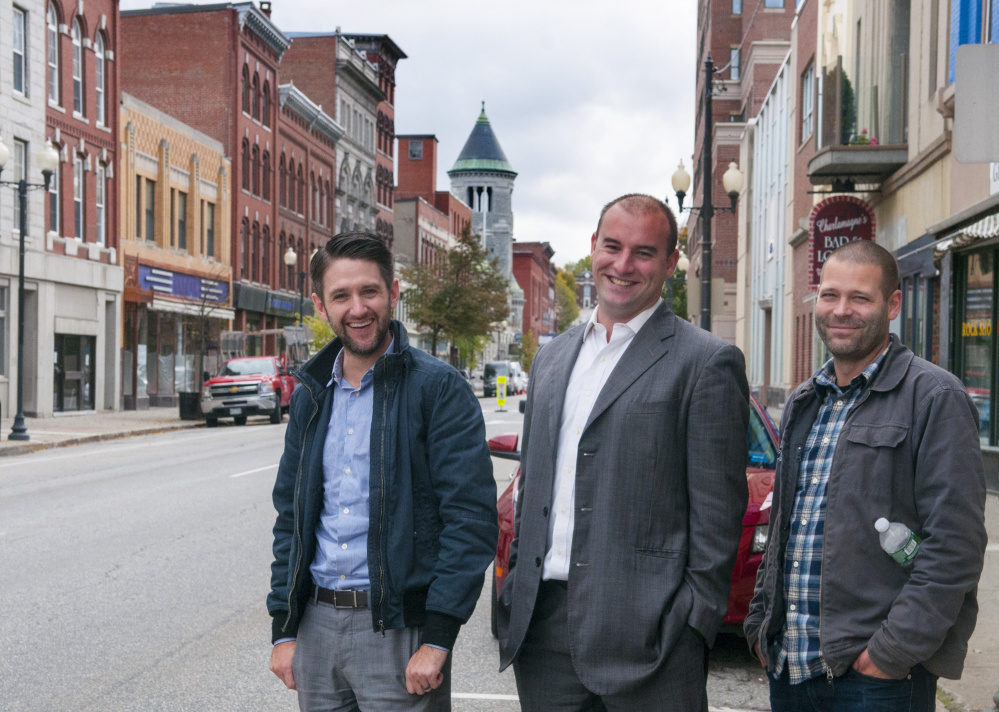
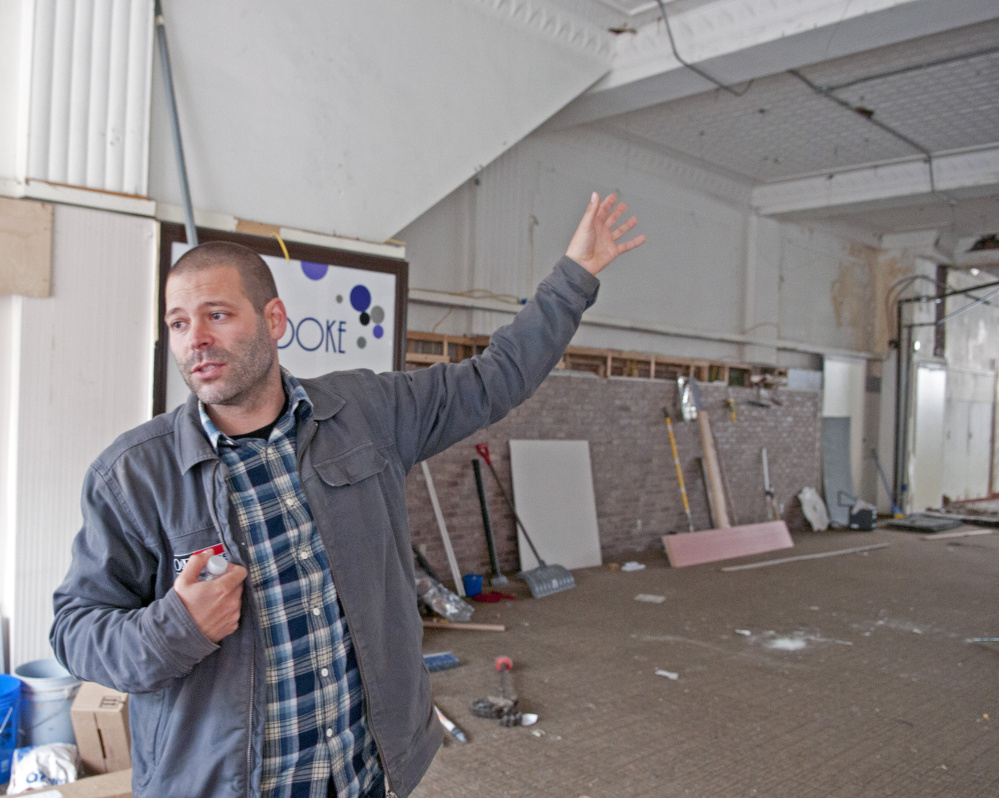
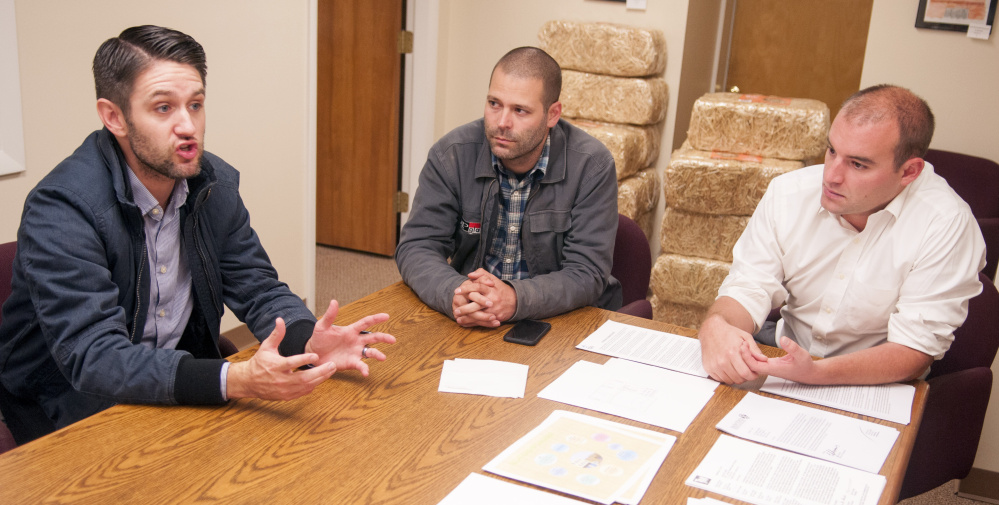
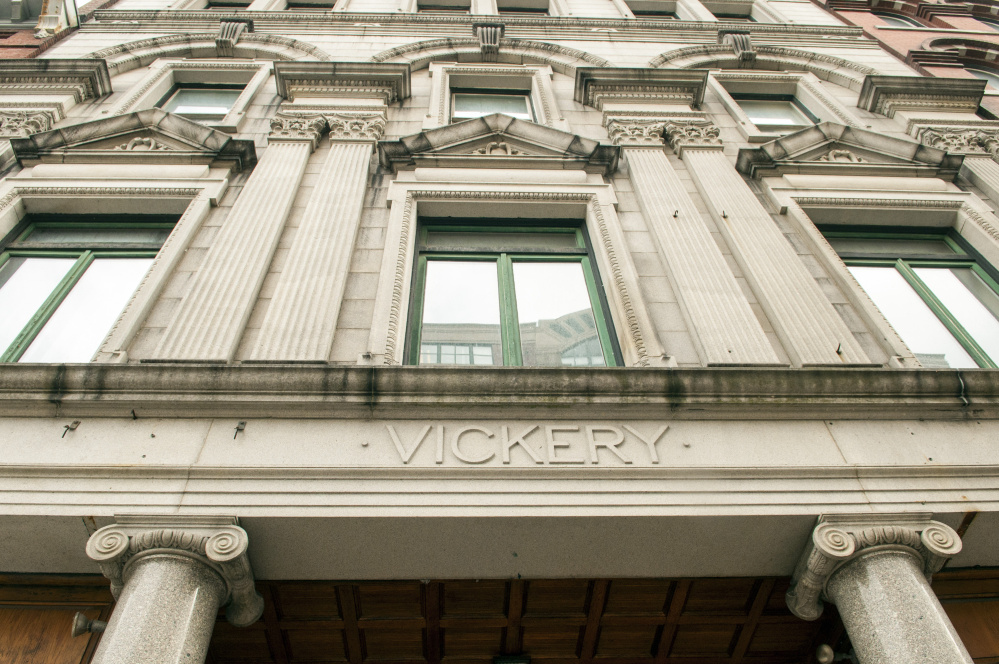
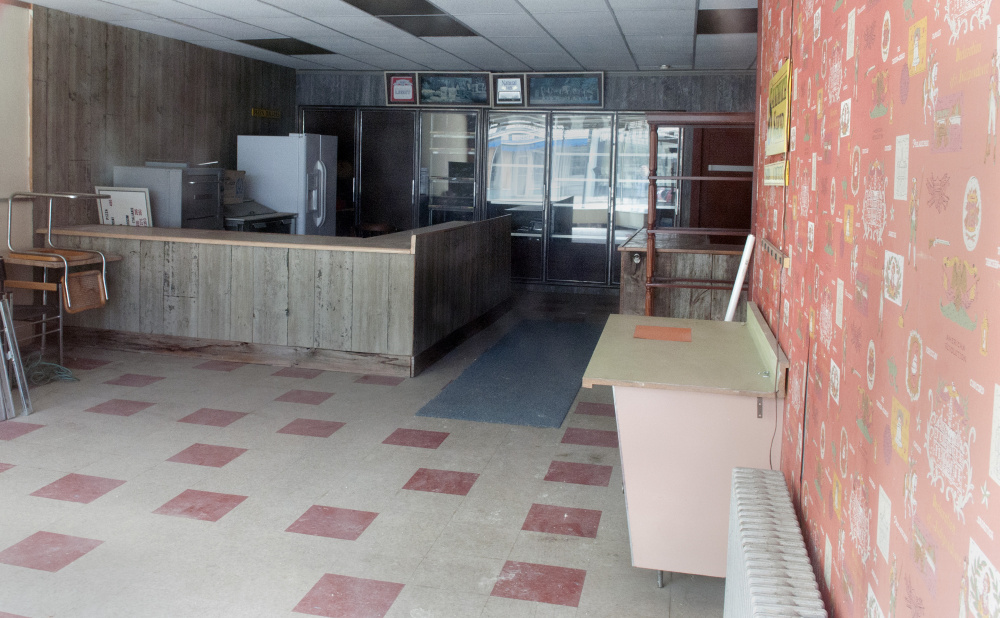
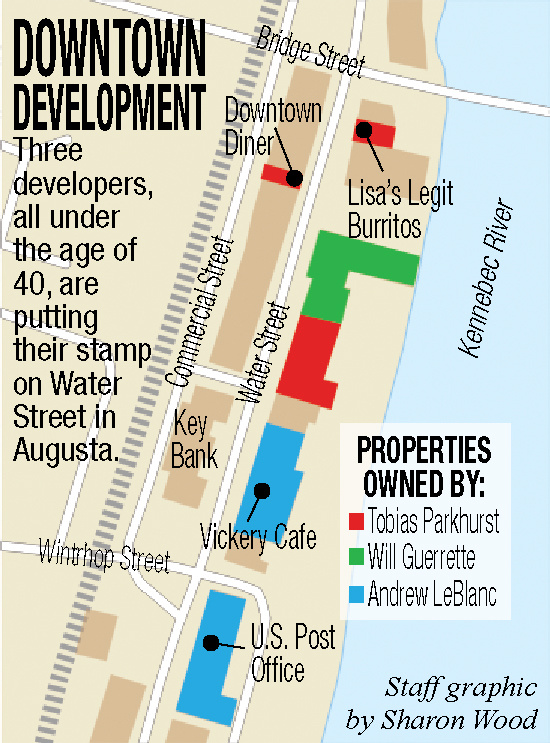

Success. Please wait for the page to reload. If the page does not reload within 5 seconds, please refresh the page.
Enter your email and password to access comments.
Hi, to comment on stories you must . This profile is in addition to your subscription and website login.
Already have a commenting profile? .
Invalid username/password.
Please check your email to confirm and complete your registration.
Only subscribers are eligible to post comments. Please subscribe or login first for digital access. Here’s why.
Use the form below to reset your password. When you've submitted your account email, we will send an email with a reset code.